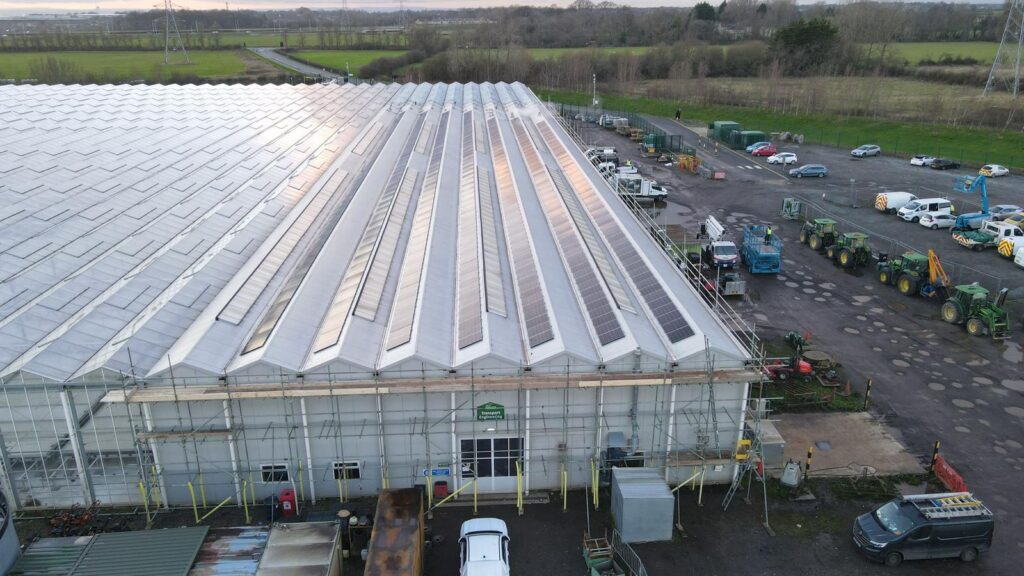Eight of Basingstoke and Deane Borough Council’s road and precinct sweeper vehicles now run on the carbon-friendly alternative to diesel.
The biofuel is made from hydrogenated waste vegetable oil, which emits up to 98% less carbon and significantly fewer particulates than diesel. This has an obvious impact on improving local air quality and contributes to wider efforts to tackle the climate emergency.
Image from ckstockphotoTo produce the fuel, waste fats and cooking oils are collected and put through a hydrotreatment process for reuse. This has the added benefit of preventing disposal as hazardous waste or in landfill. Waste fats are also known to block drains.
Two of the council’s sweepers were already running on this greener fuel. The council also uses the biofuel to power its 25 grass mowers, two tippers and a small van.
Cllr Chris Tomblin, Cabinet Member for the Climate and Ecological Emergency, says: ‘We know caring for our parks and open spaces and keeping our streets clean and tidy is important for residents and visitors, and we are committed to doing this well and in a way that helps to tackle the climate emergency.
‘With emissions up to 98% lower than diesel, reusing this waste oil as a fuel immediately cuts the carbon footprint of our grounds and street maintenance vehicles. To take this further, we are looking to swap them out for suitable electric alternatives in the longer term as they become available and our vehicles need replacing.
‘So far, it has already cut our annual carbon footprint by over 143 tonnes and swapping these six sweepers to this fuel as well is expected to increase that to over 210 tonnes of carbon savings every year.’
In 2019, borough councillors unanimously declared a climate emergency and set a target for the council to be carbon neutral in its operations by December 2025.

















Leave a Reply